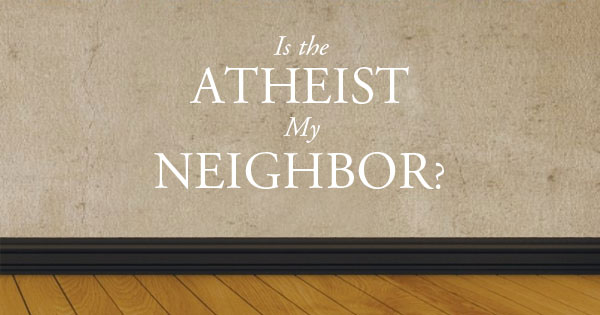The written documents that constitute our Bible are snapshots of an evolving, developing, dynamic faith frozen in time.
The faith exhibited in these written sources thrived in an oral culture that did not depend on written materials. Writing materials were expensive and few could actually read and write. So the stuff of faith – stories, poetry, wisdom sayings, etc. – were passed down orally. This oral tradition was flexible, fluid, and easily adaptable to different situations and historical contexts.
This process meant that faith was constantly on the move – changing, growing, branching out into new forms, and always finding fresh expressions in different settings.
Consider one example: The various ways the Jesus saying, “The first shall be last, and the last shall be first,” is interpreted and employed with other Jesus sayings in the Gospels.
In Mark it occurs in a context where Jesus assures Peter that those who have left much to be his followers will gain much,
Peter began to say to him, “Look, we have left everything and followed you.” Jesus said, “Truly I tell you, there is no one who has left house or brothers or sisters or mother or father or children or fields, for my sake and for the sake of the good news, who will not receive a hundredfold now in this age – houses, brothers and sisters, mothers and children, and fields with persecutions – and in the age to come eternal life. But many who are first will be last, and the last will be first” (Mark 10:28-31).
In the… [Read more…] about What the Bible Is









